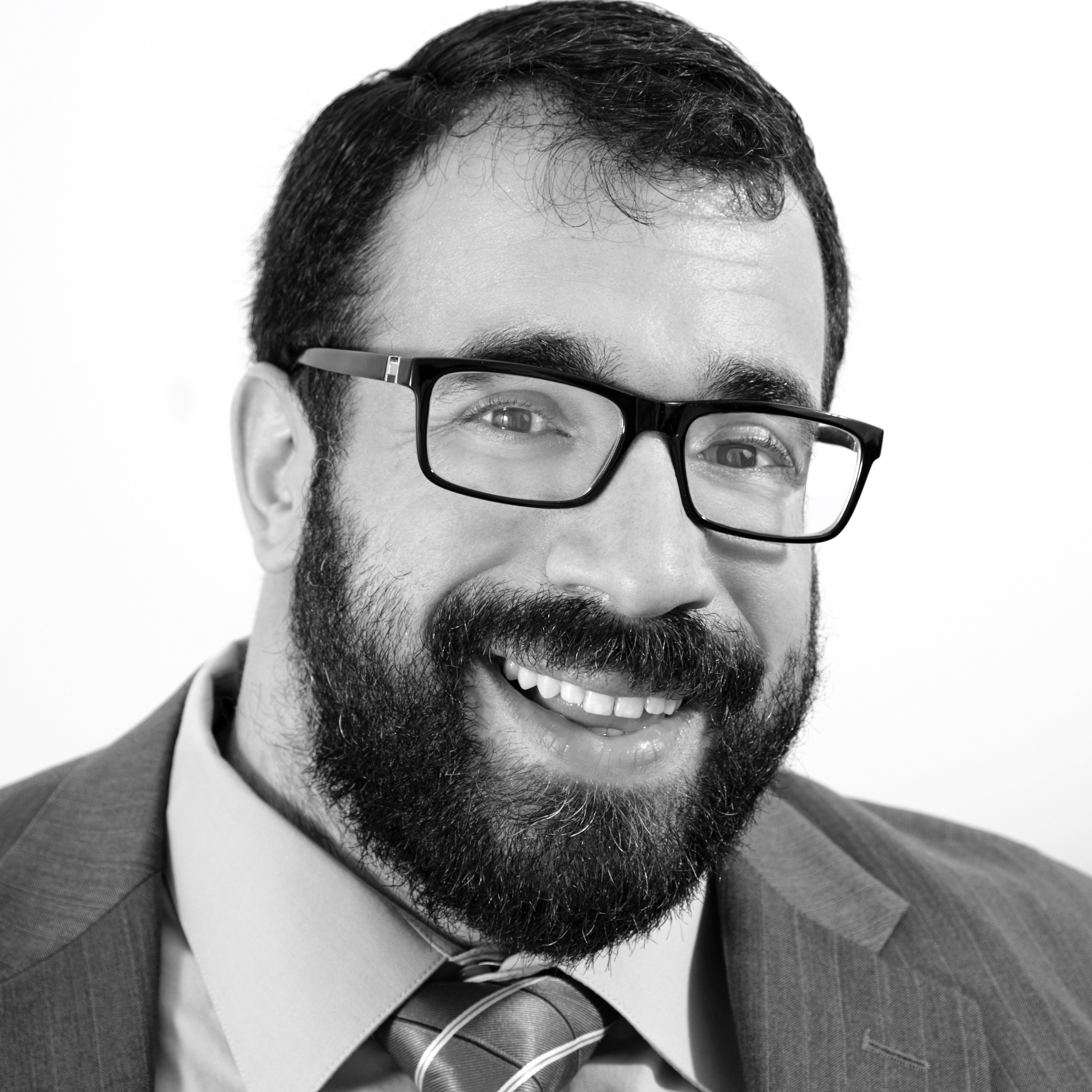 Jews with disabilities hold up cookies made by people with disabilities; Photo by RespectAbility
Jews with disabilities hold up cookies made by people with disabilities; Photo by RespectAbility Perhaps the most universal theme in the High Holy Days is what our tradition calls a cheshbon ha-nefesh — the accounting of the soul — that Jews do leading up them.
Many may not use Jewish law as their barometer, but most prepare for a new year with an examination of our past year and our actions. Judaism teaches us that the forgiveness of Yom Kippur depends upon an honest, searching and then sparing self-assessment in the month before Rosh Hashanah: the good, the bad, the strengths, weaknesses and opportunities. Whether we think our conduct is judged solely by ourselves, by our society or by God, we all recognize the goal is to be the best versions of ourselves, which we can’t really work on without self-knowledge.
Best practice in disability inclusion is to start with an honest inventory of where you are. The parallels to a good inventory and a good cheshbon ha-nefesh are striking, as, I believe, are the parallels between teshuvah, a word that is more about return and repair then repentance, and a good inclusion plan.
After the unflinching self-assessment to see where we are, we must reach out to those with whom our behavior fell short, and seek to make amends with them. Only then can we seek divine or societal forgiveness.
Similarly, among all of the inclusion tools that we offer at RespectAbility, a nonprofit organization that aims to fight stigmas and advance opportunities for people with disabilities, we emphasize “ask the person” to assess what someone wants or needs to feel fully welcomed and respected. You could do a searching self-assessment, and follow every best practice that RespectAbility and others put out, and that would still fall short if you didn’t reach out to those in your community who have been excluded from participation in your programs, to understand and address their individual experience.
“Best practice in disability inclusion is to start with an honest inventory of where you are.”
Judaism also teaches us that sin is focused on intent, or even the inherent evil of an action, but how the person subject to our action experiences it. In addition to explicit evils, some of the “sins” listed in the liturgy talk about wronging people in our speech, our eating or drinking or our business dealings. These are not inherently bad but have the potential, knowingly or unknowingly, to wrong someone.
This, too, is an important lesson in our searching inclusion inventory. There are clear sins like of physical access, lack of interpreters or outright shunning of those whose disabilities are unfamiliar, such as mental illness or intellectual disability. But there is also routine exclusion, locating an activity in a place that cannot be reached by transportation by a person with a mobility impairment, or sitting at a social gathering while ignoring a deaf attendee with whom we don’t know how to communicate.
This exclusion, buried in our daily pursuits that we didn’t even realize we were committing, is as much a part of our inventory to remedy as the horrible examples above. For all of these things we seek absolution but it means that first we must truly repent and do better.
Truly doing better, interdependence or inclusion.
The last parallel is in doing better. True repentance is not about apologies or absolution but rather making a plan to rectify the places where you sin, and commitment to learn from your past sins, to do better in the year to come.
That type of self-improvement isn’t easy. It requires a plan, attention, strategies and steps. The idea is to do a little better each day so that next year’s inventory shows improvement.
The same could be said of inclusion. It’s not enough to do an inventory, do some quick fixes or even someone like me — someone who loves Judaism and uses a wheelchair — as a scholar in residence. Making next year better than this requires a plan to address the systemic shortcomings to inclusion in your organization, and implementing it faithfully.
I wish you a good and a sweet new year, a meaningful and reflective period of teshuvah, followed by renewal and a great year. May we work not only to be the best people that we can be, but to bring our inclusion practices to new heights.
Matan Koch is the director of RespectAbility’s Project Moses, a training and placement program for talented Jews with disabilities to serve the Jewish community of greater Los Angeles. He can be reached at MatanK@RespectAbility.org























 More news and opinions than at a Shabbat dinner, right in your inbox.
More news and opinions than at a Shabbat dinner, right in your inbox.